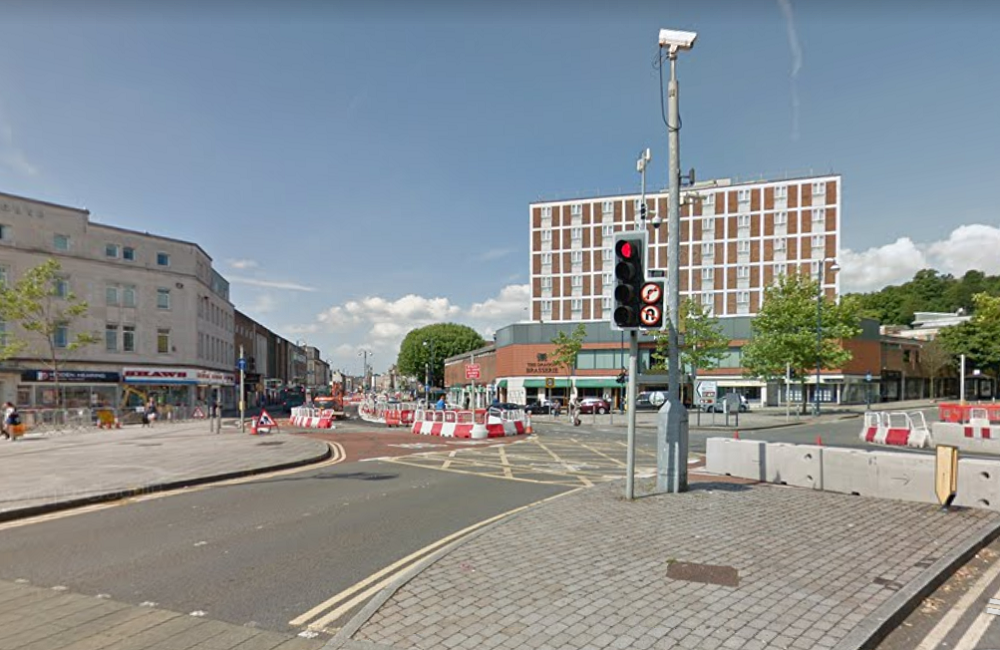Council denies city centre hotel will be used to house asylum seekers

Richard Youle, local democracy reporter
A large hotel in Swansea won’t be used to accommodate asylum seekers, the authorities have said.
Swansea Council leader Rob Stewart made the comment at a meeting of full council in response to material posted online about the Dragon Hotel.
The Home Office subsequently said it had no plans to accommodate asylum seekers at the hotel.
Cllr Stewart did not name the hotel or the group which has posted material when giving an update at the meeting.
He added that the material posted online was inaccurate and misleading. It wasn’t the case, he said, that the hotel would be used for this purpose.
He said the council has been clear with the Home Office that hotel accommodation was not the right way to support such people.
“I understand the Home Office will shortly be making a statement to confirm similar arrangements,” he said.
False rumours
Swansea, said Cllr Stewart, should be proud of its track record as a city of sanctuary.
Opposition group leader, Cllr Chris Holley, and leader of Swansea Conservatives, Cllr Lyndon Jones, agreed.
Cllr Holley said Swansea was a city of “friendship and welcoming”.
Contacted by the Local Democracy Reporting Service, the Home Office said it had no current or future plans to accommodate asylum seekers at the hotel in question.
A spokesman for the Dragon Hotel said: “There have been a number of false rumours circulating on social media concerning the hotel and we are grateful for the city council for its support on the matter.”
He added: “In addition to the council leader’s statement, we would also like to confirm that claims on social media of job losses are also completely untrue.”
Like many councils, Swansea has accepted a small number of Afghan refugees since the Taliban took control of Afghanistan in the summer – and Cllr Stewart said the authority would continue to support people fleeing war and conflict.
A priority relocation policy was launched in the UK in April this year for current or former Afghan interpreters and other personnel who worked with the UK and were considered to be under serious threat.
Ministers said this summer that they expected 5,000 Afghans to relocate this year under this scheme, rising to 20,000 in the long term.
Support our Nation today
For the price of a cup of coffee a month you can help us create an independent, not-for-profit, national news service for the people of Wales, by the people of Wales.







What this Swansea councillor says and what Whitehall does is a entirely different matter. If any asylum seekers are to be placed in this Swansea hotel will be done above & over the local authority & Welsh Governments head.
And the only input both Swansea & Welsh Government will have is when they receive the bill as experienced by Pembrokeshire council when the heartless Conservatives sent them the bill for placing over 300+ desperate asylum seekers in a dank ex-Army camp with no provisions during the height of the Covid pandemic.
Penally and Napier were exceptions where the Westminster government used MOD property they owned as temporary accommodation. Normal resettlement is done through agencies by the local authorities who must agree to it. The private owners of the Dragon would have sometging to say about it as well.
The other less Welsh news site, the comments are shocking. The same old myths of “they take our jobs” “they get more than our homless”
Why are racists so obsessed with the idea that refugees (I refuse to call them asylum seekers) are being housed in luxury hotels?